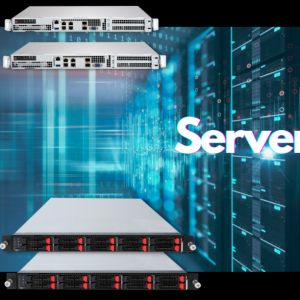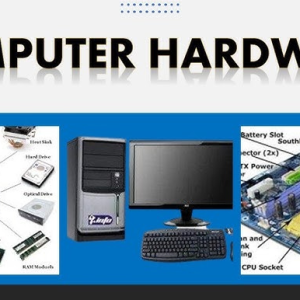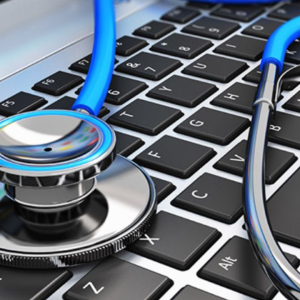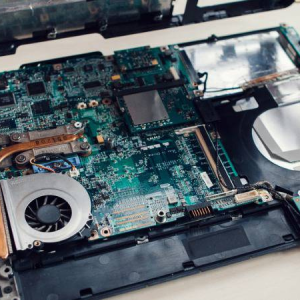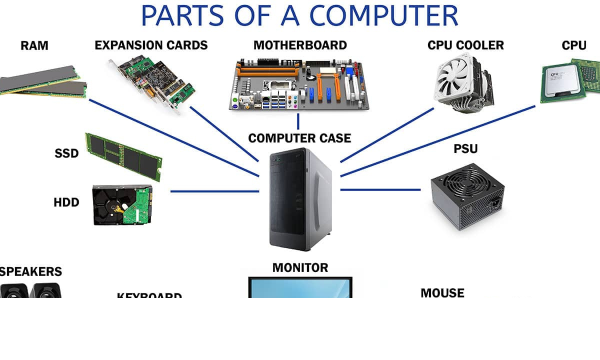
When it comes to building or upgrading a computer, understanding PC hardware parts is crucial. From everyday users to gaming enthusiasts, having a grasp on computer parts and hardware can significantly enhance your computing experience. This article aims to provide a detailed overview of the essential hardware components, focusing on the keywords: pc hardware parts, computer parts and hardware, examples for hardware, laptop hardware, hardware pc, hardware for pc, hardware basics of a computer, and basic hardware of a computer.
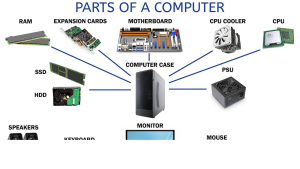
1. PC Hardware Parts: An Overview
PC hardware parts are the physical components that make up a computer. These components work together to perform various functions, enabling the computer to run applications, process data, and connect to networks. The main parts of a PC include:
- Central Processing Unit (CPU)
- Motherboard
- Random Access Memory (RAM)
- Storage Devices (HDD/SSD)
- Graphics Processing Unit (GPU)
- Power Supply Unit (PSU)
- Cooling Systems
- Peripheral Devices
2. Computer Parts and Hardware: Key Components
Understanding computer parts and hardware is essential for troubleshooting, upgrading, and building PCs. Here are some key components:
Central Processing Unit (CPU)
The CPU is the brain of the computer, responsible for executing instructions and processing data. Popular brands include Intel and AMD.
Motherboard
The motherboard is the main circuit board that connects all components. It houses the CPU, RAM, and other essential parts, facilitating communication between them.
Random Access Memory (RAM)
RAM is the temporary storage that the CPU uses to store data for quick access. The more RAM a computer has, the better it can handle multiple tasks simultaneously.
Storage Devices
- Hard Disk Drive (HDD): Traditional storage with larger capacity but slower speed.
- Solid State Drive (SSD): Faster storage with no moving parts, providing quicker boot times and data access.
Graphics Processing Unit (GPU)
The GPU handles rendering images and videos. High-performance GPUs are essential for gaming, video editing, and graphic design.
Power Supply Unit (PSU)
The PSU converts electricity from the outlet into usable power for the computer’s components. It is crucial to have a reliable PSU to ensure stable performance.
Cooling Systems
Cooling systems, including fans and liquid coolers, prevent overheating and maintain optimal performance.
Peripheral Devices
These include keyboards, mice, monitors, printers, and other external devices that enhance user interaction with the computer.
3. Examples for Hardware: Essential and Peripheral Components
To understand the basic hardware of a computer, it’s helpful to look at examples for hardware:
- Essential Components: CPU, motherboard, RAM, storage devices, GPU, PSU, cooling systems.
- Peripheral Components: Monitors, keyboards, mice, printers, external storage devices, and webcams.
4. Laptop Hardware: Differences from Desktops
Laptop hardware differs from desktop hardware mainly in terms of size and power consumption. Laptops are designed to be portable, with components that are smaller and more energy-efficient. Key differences include:
- Integrated Graphics: Many laptops use integrated GPUs to save space and power.
- Battery: Laptops include a battery for portability, unlike desktops.
- Compact Design: Components are often soldered onto the motherboard, making upgrades more challenging.
5. Hardware PC: Custom vs. Pre-built
When considering hardware for PC, users can choose between custom-built and pre-built systems:
Custom-built PCs
- Advantages: Tailored to specific needs, upgradable, often more cost-effective.
- Disadvantages: Requires knowledge and time to assemble.
Pre-built PCs
- Advantages: Convenient, comes with warranty and support.
- Disadvantages: Limited customization, potentially higher cost for equivalent performance.
6. Hardware for PC: Choosing the Right Components
Selecting the right hardware for PC depends on the intended use:
- Gaming: High-performance CPU, GPU, and sufficient RAM (16GB or more).
- Office Work: Moderate CPU, integrated or low-end GPU, and 8GB RAM.
- Content Creation: Powerful CPU, high-end GPU, large SSD, and 32GB RAM.
7. Hardware Basics of a Computer: Building Your Knowledge
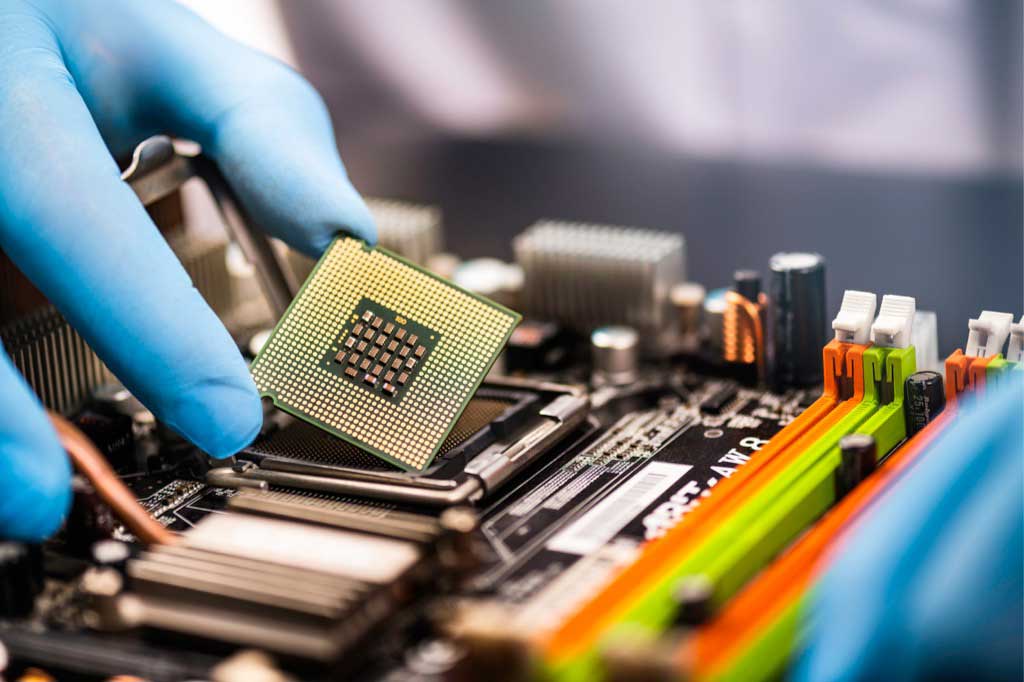
Understanding the hardware basics of a computer is essential for anyone looking to build, upgrade, or maintain a PC. Here are the fundamental concepts:
- Compatibility: Ensure all components are compatible with the motherboard and each other.
- Performance: Balance CPU, GPU, and RAM for optimal performance based on the use case.
- Cooling: Proper cooling is vital to prevent overheating and ensure longevity.
- Power Supply: Choose a PSU with enough wattage to support all components.
8. Basic Hardware of a Computer: A Quick Recap
In summary, the basic hardware of a computer includes:
- CPU: Executes instructions and processes data.
- Motherboard: Connects and facilitates communication between components.
- RAM: Temporary storage for quick data access.
- Storage Devices: HDDs for capacity, SSDs for speed.
- GPU: Renders images and videos.
- PSU: Provides power to all components.
- Cooling Systems: Keeps components at safe operating temperatures.
- Peripheral Devices: Enhances user interaction with the computer.
Conclusion
Understanding PC hardware parts is essential for anyone interested in computers, whether for personal use, gaming, or professional work. By grasping the fundamentals of computer parts and hardware, you can make informed decisions about building, upgrading, or maintaining your PC. Whether you are exploring examples for hardware or delving into the specifics of laptop hardware, this knowledge empowers you to optimize your computing experience.
By familiarizing yourself with the hardware basics of a computer, you can confidently navigate the world of PC hardware, ensuring your system meets your needs and performs efficiently.
If you have any questions for us, you can see more at: https://hardwarepc.xyz/, X

